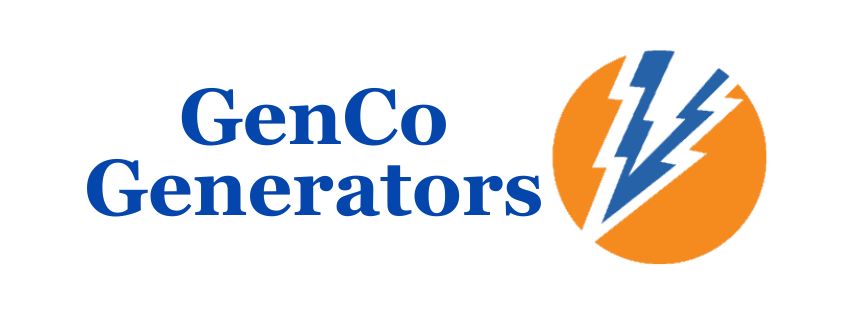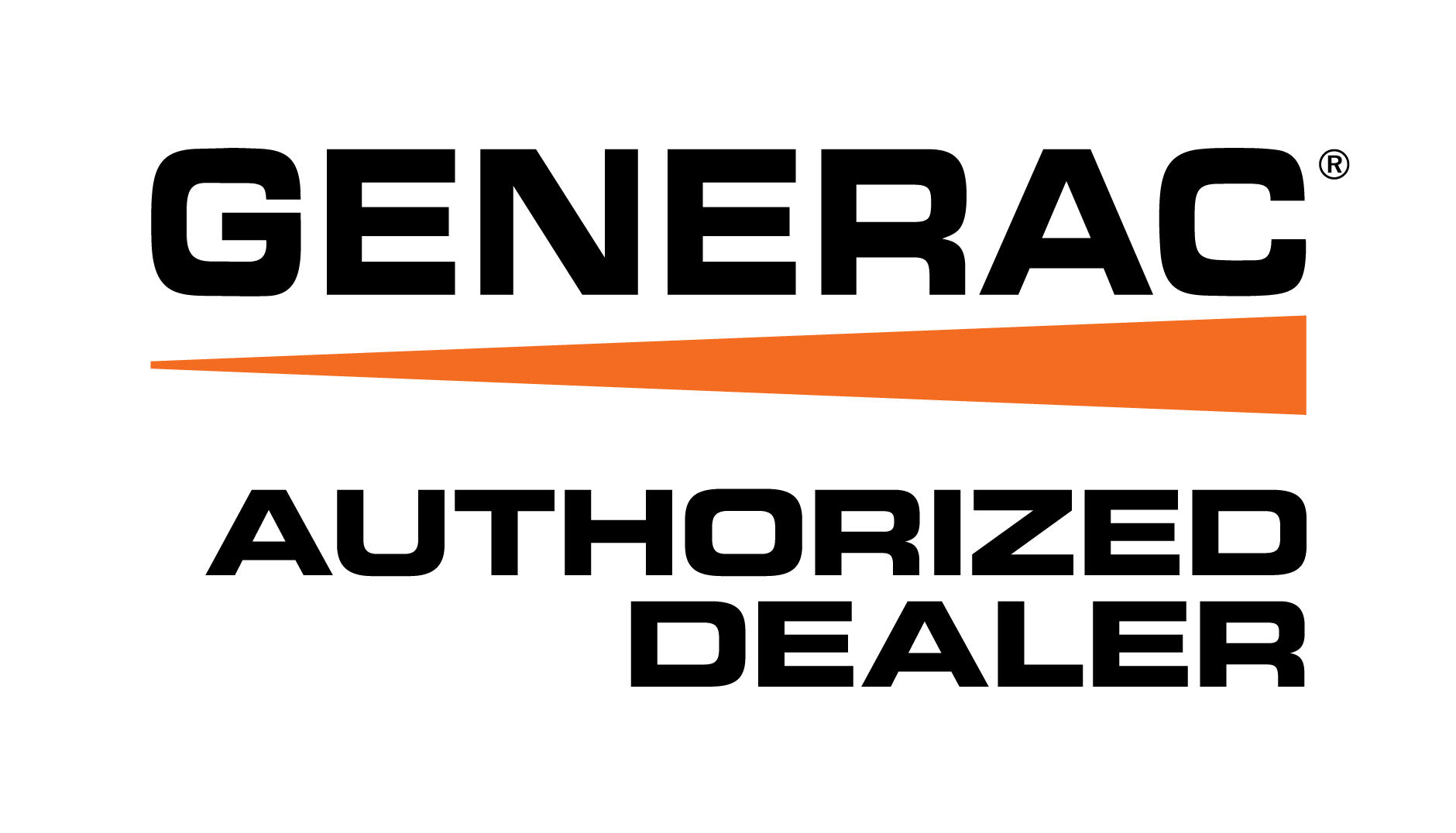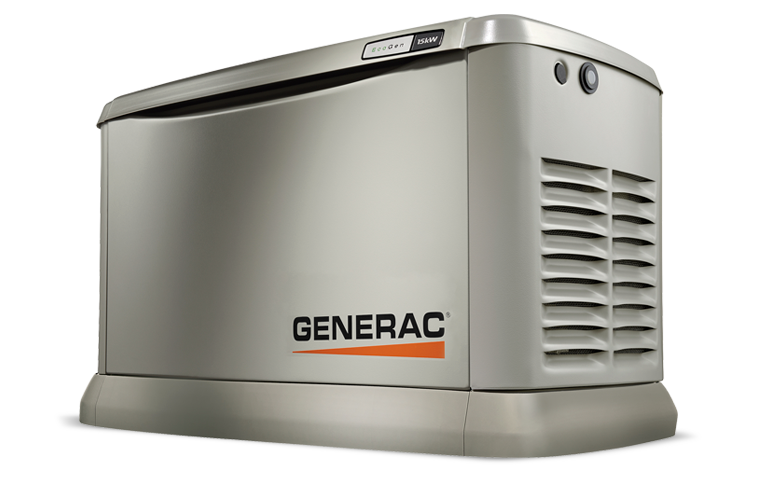At GenCo Generators, we know how disruptive and costly a power outage can be — especially for homeowners and businesses along Florida and Georgia’s Atlantic Coast. From hurricane season in Nassau County, FL to unexpected grid failures in Glynn County, GA, the demand for reliable backup power has never been greater.
Serving communities like Callahan, Fernandina Beach, Hillard, Yulee, Jacksonville, Kingsland, St. Mary’s, Brunswick, and St. Simons, our team of licensed, certified Generac Generator experts provides top-tier installation, maintenance, and service support. We’re A+ rated by the BBB, 5-star reviewed, and proudly local — from the Atlantic Coast, for the Atlantic Coast.
If you’re deciding between a portable generator and a Generac standby generator, this guide will break down the top pros and cons so you can choose the best solution for your home or business.
Quick Analysis: Choosing Between Standby and Portable Generators in Florida & Coastal Georgia
Comparing Automatic Standby Generators vs. Portable Generators

Portable vs. Standby: Pros & Cons of Backup Power
Standby Generators (Whole-Home, Automatic Systems)
Best For: Homeowners and business owners in areas with frequent or prolonged outages who want automatic, full-property power protection.
Standby Generator Pros:
Standby Generator Cons:
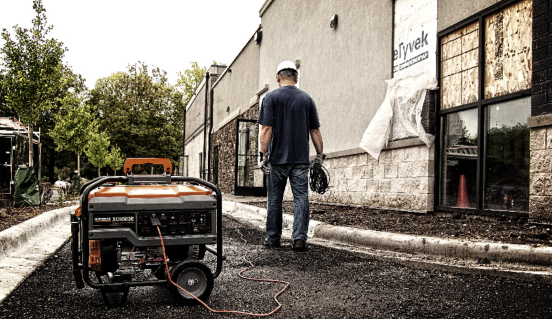
Portable Generators (Manual, Short-Term Use)
Best For: Those who only need temporary power, want mobility, or are working within a tighter budget.
Portable Generator Pros:
Portable Generator Cons:
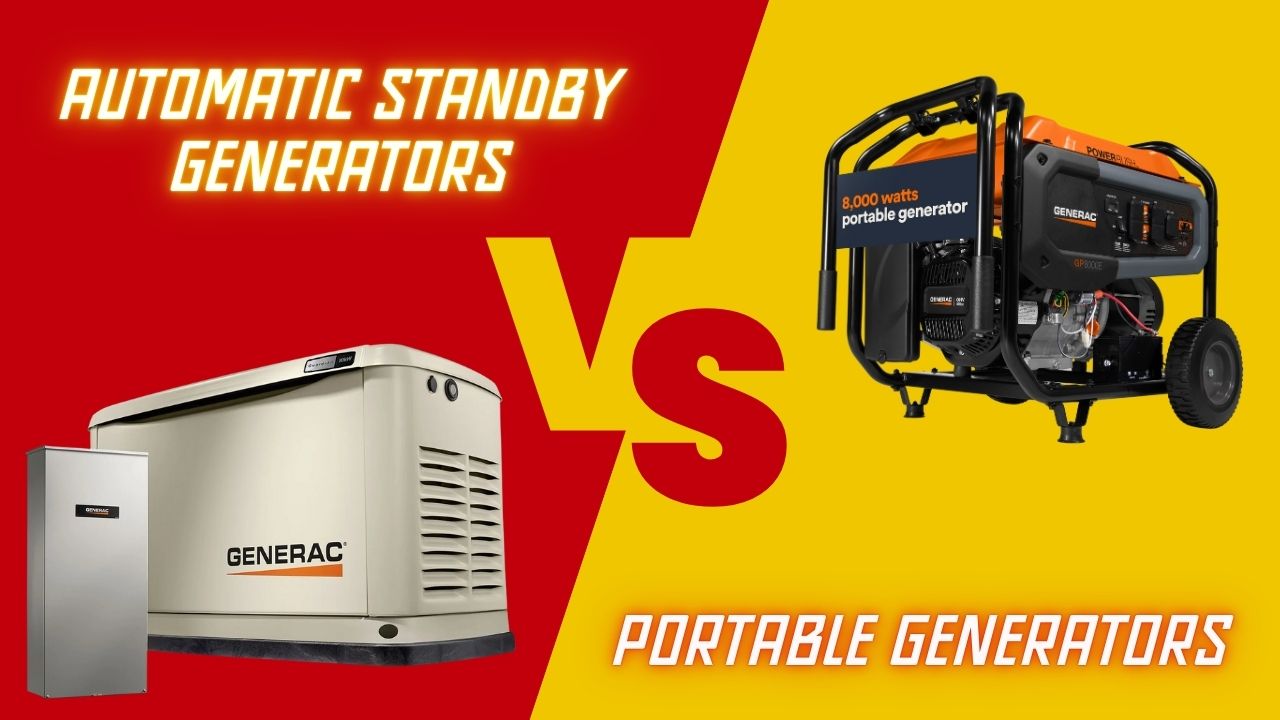
Choosing the Right Generator for Your Home or Business
If you live in Kingsland, Brunswick, Callahan, or Jacksonville, choosing the right generator comes down to your specific needs:
Feature |
Standby Generator |
Portable Generator |
|---|---|---|
| Power Capacity | Whole-Home or Business | Limited Appliances |
| Startup | Automatic | Manual |
| Installation | Professional; Permanent | DIY; Mobile |
| Fuel Source | Natural Gas/Propane | Gasoline/Diesel |
| Noise Level | Quieter; Outdoor Installed | Louder; Open Air Use Only |
| Maintenance | Annual/Seasonal Maintenance | Basic Upkeep |
| Best For… | Long-term Power Outages | Temporary/Emergency Use |
